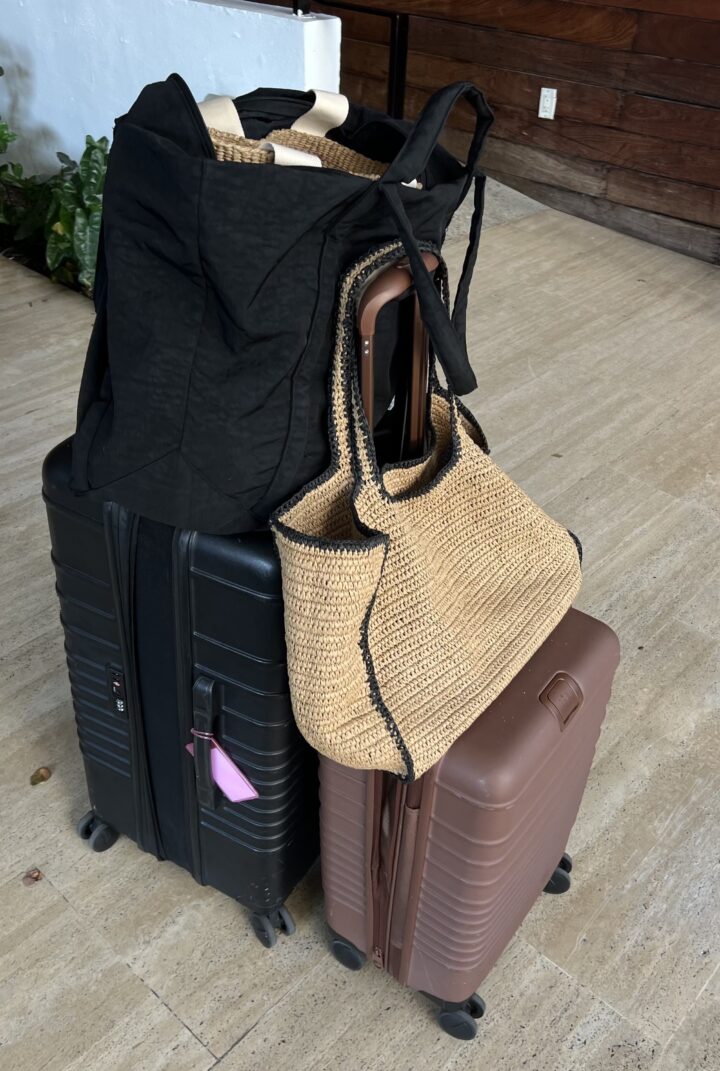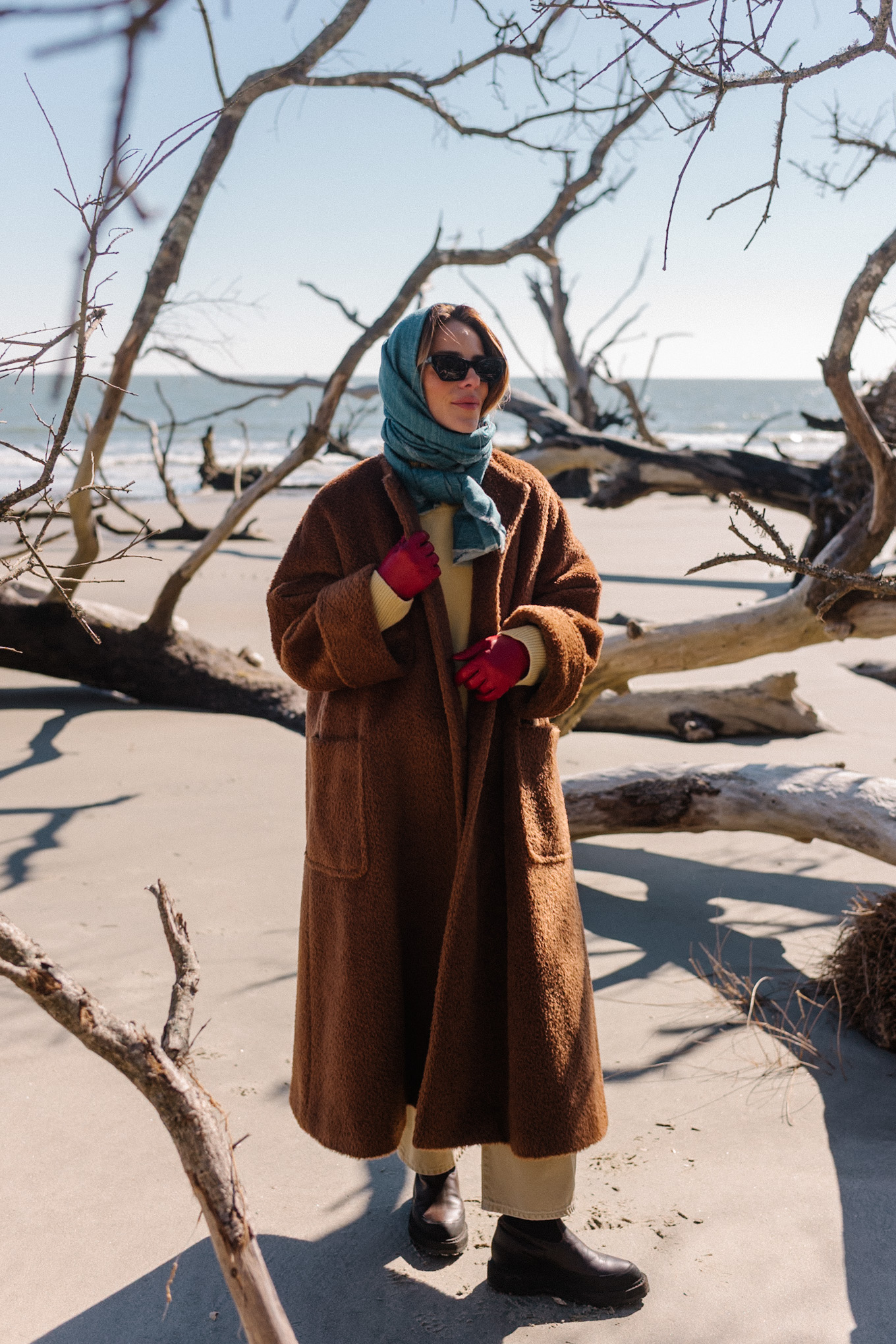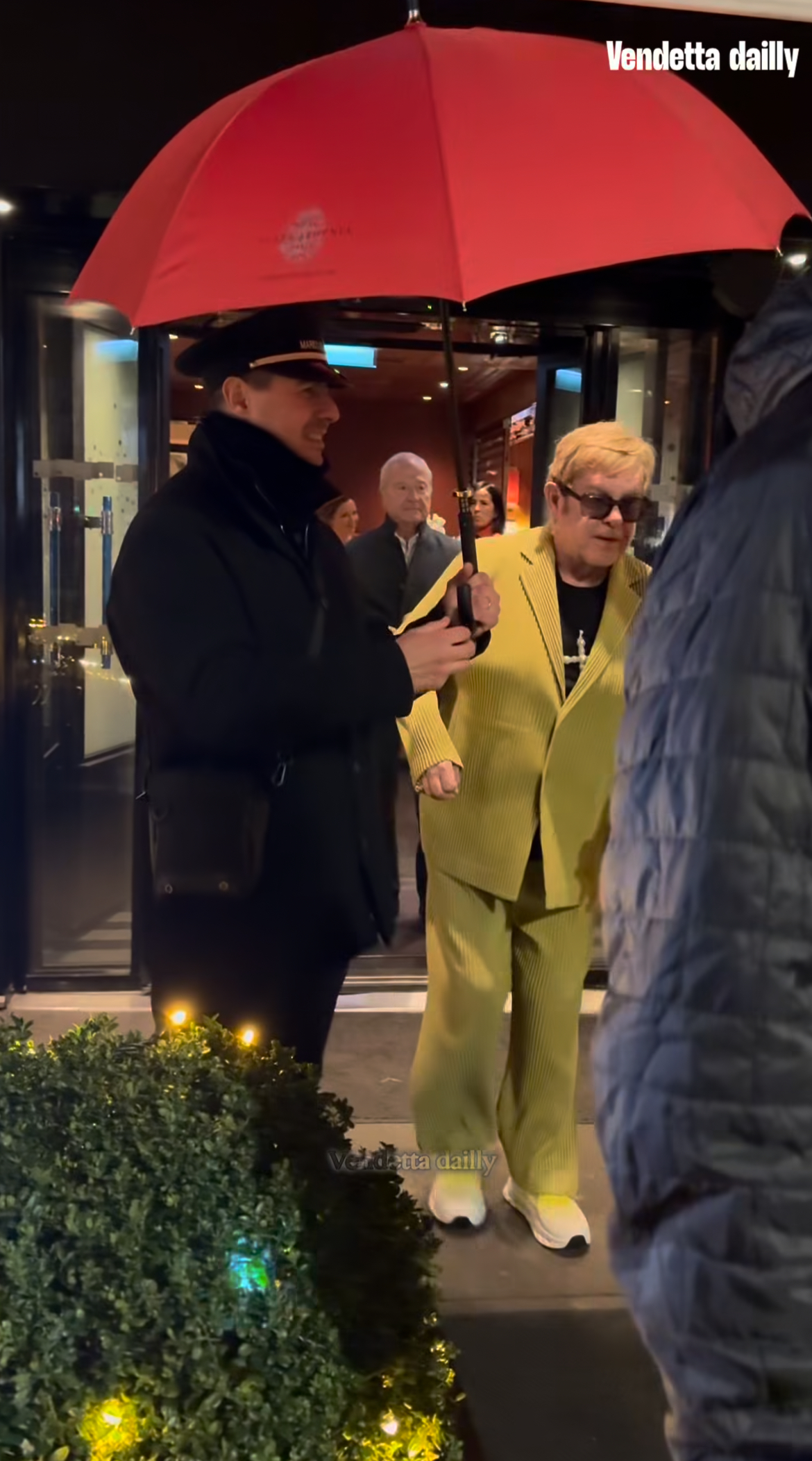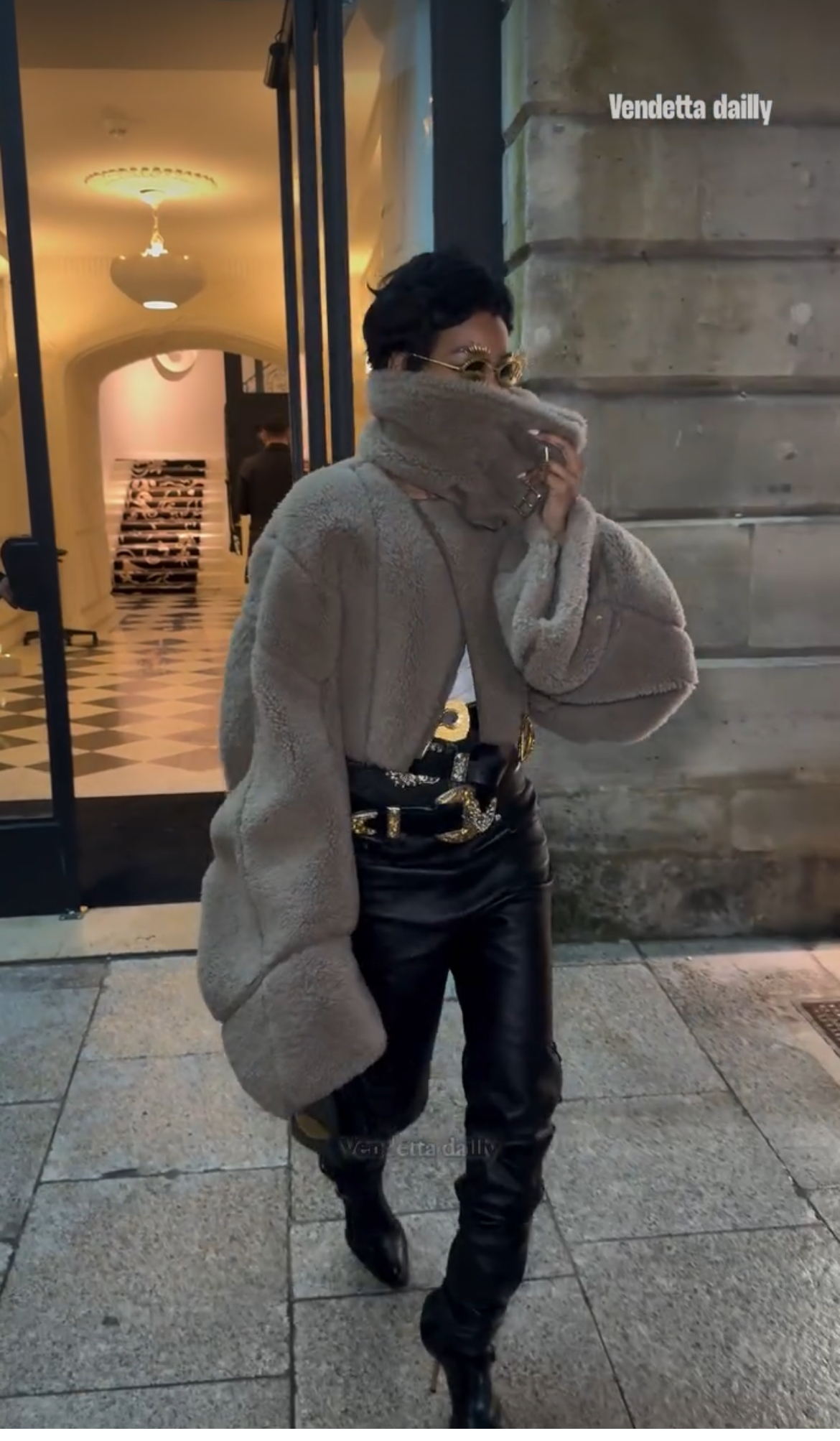A cross-country move has a way of cutting through noise. It is not symbolic. It is practical. Boxes cost money. Trucks have limits. Time runs out faster than expected. At some point, every item you own is held up and judged with a straightforward question: Is this worth taking with me?
That question changes how you see your belongings, especially your clothes. Personal style stops being aspirational and starts being honest. What you keep reveals what you actually wear, rely on, and feel like yourself in, moving forces clarity in a way few other life events do.
This is not about minimalism for its own sake. It is about alignment. When space, money, and energy are finite, style becomes less about options and more about intention.
Moving Strategy: How Logistics Force Style Decisions
Even before anything touches a box, a plan is already in motion. Moving things across the country is expensive. Each additional weight adds up fast. That’s why an experienced cross-country moving company doesn’t just move belongings. It forces decisions. Now, here’s something. A coat sitting alone in the closet isn’t taking up space anymore. It carries a price tag.
Here’s how it works. Personal taste connects with real-life needs. A shift happens in how you see things. Pieces start forming into clusters. What matters is how much something is worth, how often you reach for it, plus how deeply it affects your emotions. Certain items instantly earn a place. Others stay stuck in doubt, caught between choices, until life finally decides for them.
Habits show up through the routine. A shirt worn once sits in a box afterward. Outfits purchased just for a single date. Shoes held tight even though they’ve lost their reason. Things that used to show who you really were. When life moves on, there’s no room to keep what might have been. Choices become necessary.
Under pressure from weight, choice becomes practical. In the end, it’s not about fit theories. It’s results in actual settings.
Editing Ruthlessly: What You Learn When You Can’t Take Everything
Finding flaws never sits well. At the beginning, it looks like giving something up. Still, that act also shows truth.
Take away too much, and things start showing up. Silhouettes catch your eye, ones you come back to frequently. There’s fabric here you already know works. Repeated hues jump out, too. The imaginary objects become obvious fast. These need a reason behind them.
Away from home, how someone dresses shows where their real world fits. Letting that difference go is hard. Still, it might loosen what holds you back.
Left behind isn’t luck. It quietly tells how you’ve lived. Slowly, clarity comes; your look never really changed. Beneath all those choices, it sat quietly.
Climate, Culture, and Lifestyle Shifts
Outside shifts affect fabric behavior. Storms alter material response. Societal norms reshape object meaning. When life changes, what we need every day often shifts too.
One season’s clothes can seem out of place elsewhere. That doesn’t prove your choices were bad, just how context shapes taste. What stays central shifts how it shows up.
What stands in the way isn’t swapping everything right away. It’s about translating what already exists into something new. Over time, you see what pieces of your look truly count, while others come just by chance. Often, it’s the way things are laid out, how clean or full they look, or whether they bring calm or attention that makes the difference, not the exact items themselves.
Shifting places trains adaptability, yet keeps nothing lost. Not disappearing entirely matters just as much as refusing transformation does. Acting with purpose shapes each shift.
Quality Over Quantity Becomes Non-Negotiable
When shifted, weak materials often fail to withstand the load. Shipped versions might bend, crack, or seem useless once the room runs thin. Strong constructions last longer. These keep their place by reason.
Such a change unfolds on its own. After managing each piece, packing, unpacking, and making room, the real character shows up. Not some idea pulled from books, a truth shaped by doing.
What sticks changes, too. Things that actually help start meaning more than ones that seem nice at first glance. What matters shifts toward what works without fail.
What stays changes size but gains depth over the years. This happens through learning rather than control.
Rebuilding Intentionally After the Move
Once the shift occurs, some feel pressured to act quickly. A fresh place means new shops, maybe even a different life. Yet slowing down can make sense. Rushing may miss deeper reasons behind the change.
What’s missing in your clothes matters more than you think. That space reveals real needs today, shaped by where you are and what you do. Buying fast to cover gaps often ends poorly, like chasing shadows.
Start by watching how things unfold. See which moments you later crave. Notice the shortcuts, the tweaks, the borrowed ideas. Let reality shape what comes next.
Nowadays, how someone dresses turns into something like a framework. Not so much about reacting. More about thinking ahead. Buying things now slips under the radar. Feels firmer, somehow.
Personal Style as a System, Not a Closet
Cross-country moving reframes style as infrastructure. It supports your life. It should reduce friction, not add to it.
When you see style this way, accumulation loses its appeal. Efficiency matters. So does coherence. You stop shopping for novelty and start refining a framework.
This approach extends beyond clothing. The same principles apply to how you organize your home, your time, and your priorities. Moving makes these connections visible.
Style stops being decorative. It becomes functional self-knowledge.
Conclusion: Moving as a Shortcut to Self-Knowledge
Major transitions accelerate learning. Cross-country moving compresses years of reflection into weeks of decision-making.
By the end, you own less. But you understand yourself more clearly. Your personal style feels steadier, not because it is fixed, but because it is rooted.
What you carry forward is not just a wardrobe. It is discernment. And that is something worth moving with.


























































![No Money [ DJ BEN RMX ]](https://wordupnews.com/wp-content/uploads/2026/02/1770218101_maxresdefault-80x80.jpg)


































